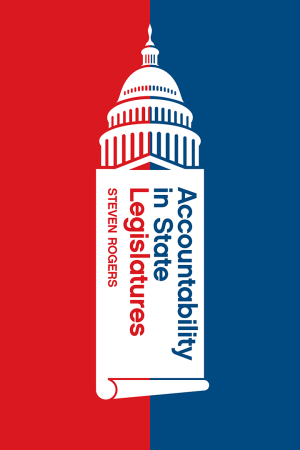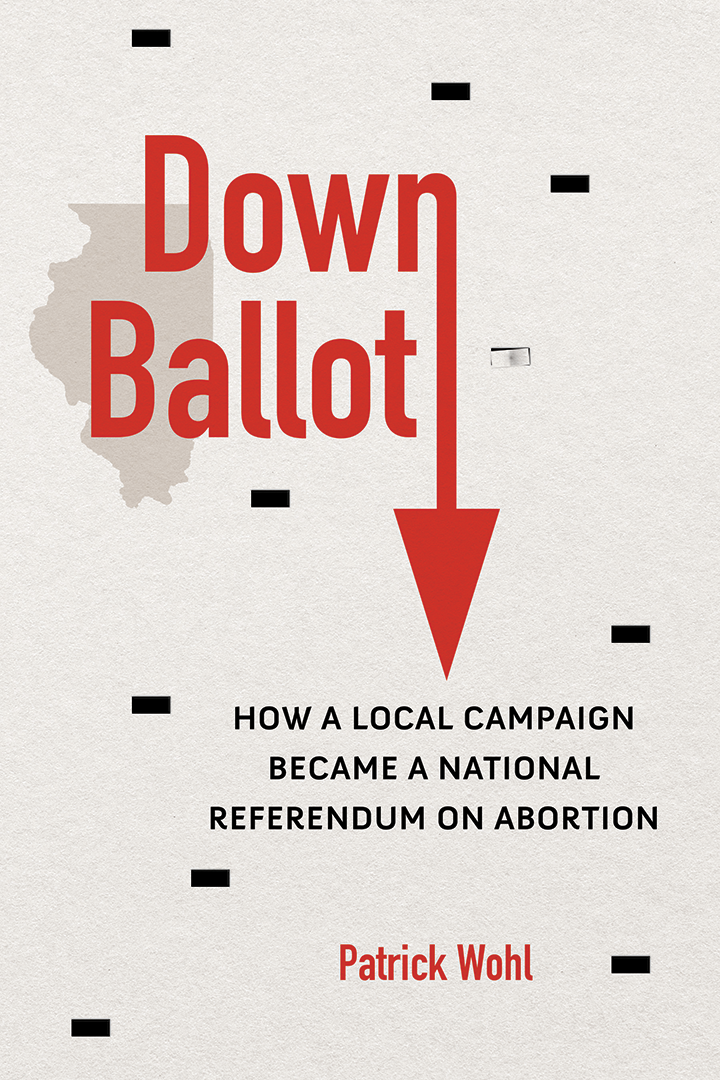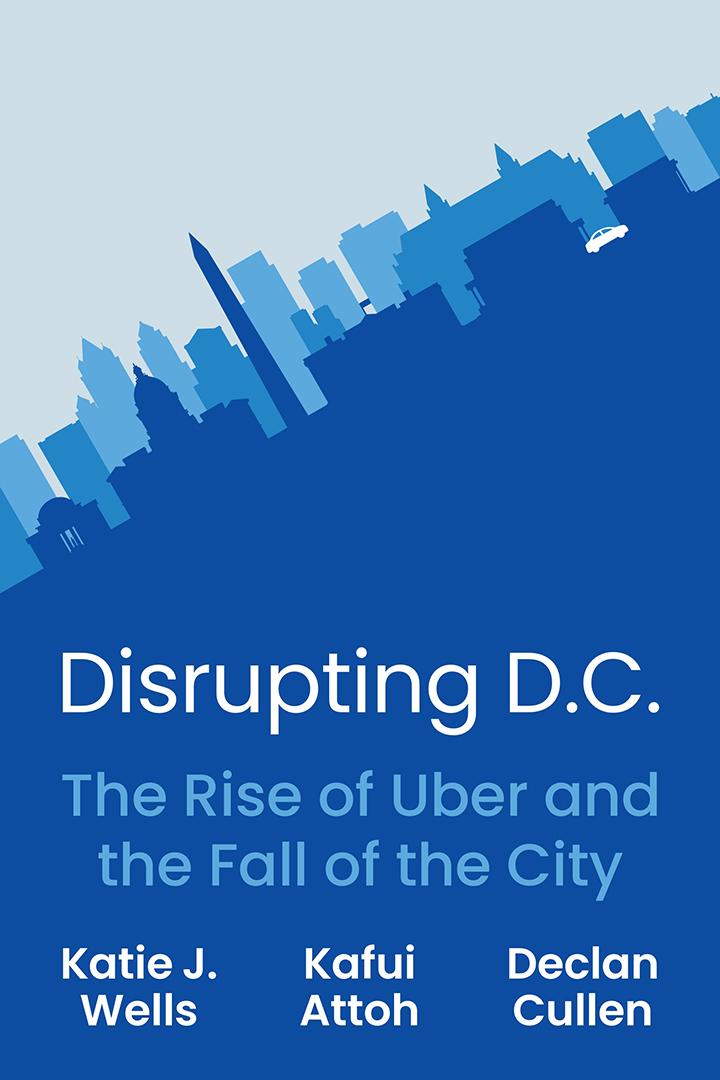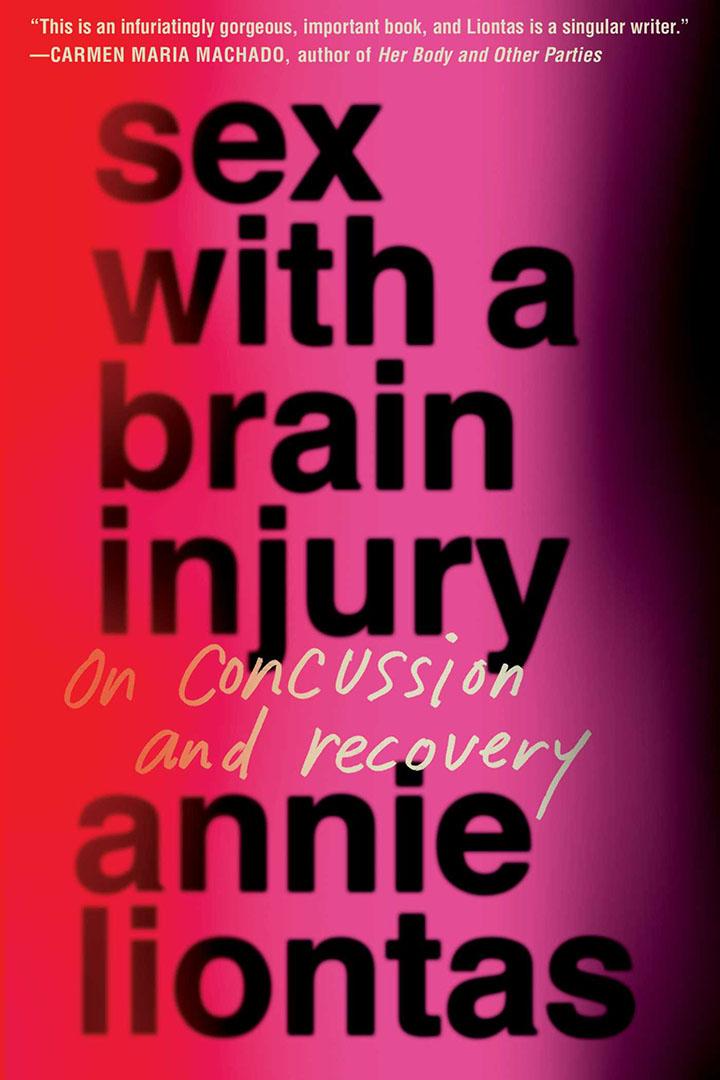A tour through local politics, a peek inside the Supreme Court, a trip into the ancient past and a journey into the mysteries of the brain all highlight a library of recent titles by CCAS alumni and faculty.
A Sampling of Alumni Books
Accountability in State Legislatures
In Accountability in State Legislatures, Steven Rogers, BA ’07, MA ’08, makes the provocative claim that even though state legislatures have tremendous authority over key facets of our lives—from health care to marriage to immigration policy—elections do little to hold state legislators accountable. Indeed, Rogers reveals that almost 90 percent of voters do not know who their state legislator is and over a third of incumbent legislators regularly do not face a challenger in either the primary or general election. Examining wide-ranging quantitative and qualitative evidence, he concludes that instead of serving as a referendum on state legislators’ own actions, state legislative elections are dominated by national politics, posing profound problems for democratic accountability.
Down Ballot: How a Local Campaign Became a National Referendum on Abortion
In 1990, a suburban Chicago race for the Republican Party nomination for state representative unexpectedly became a national proxy battle over abortion in the United States. But the hard-fought primary also illustrated the overlooked importance of down-ballot contests in America’s culture wars. Patrick Wohl, BA ’16, tells a dramatic story of a rollercoaster campaign that, after attracting political celebrities and a media circus, came down to 31 votes, a coin toss and a recount fight that set a precedent for how to count dimpled chads. Wohl, a former staffer on races for president, governor and state officials, provides an insider’s look at the nuts-and-bolts of electioneering.
The Court v. the Voters: The Troubling Story of How the Supreme Court has Undermined Voting Rights
While the black-robed justices of the U.S. Supreme Court may seem far removed from our lives, Joshua Douglas, BA ’02, JD ’07, displays how their rulings have tangible, real-world effects—particularly on voting rights. By looking behind the scenes of nine landmark voting rights decisions—some surprising and unknown, some familiar—he investigates the historic crossroads that have irrevocably changed our elections and the nation. From Bush v. Gore to Citizens United, Douglas tells the story of each case and how it led to the erosion of meaningful protections for the right to vote. He sheds light on the intractable election problems we face as a result and highlights the unique role the highest court has played in producing a broken electoral system.
On the Fringe: Confessions of a Maverick Anthropologist
A pioneering medical anthropologist, a former member of the Presidential Advisory Council on HIV/AIDS and a GW research professor, Edward C. Green, BA ’67, has advocated for public health around the world and worked on every inhabited continent. But as he reveals in his reflective memoir On the Fringe, he has also been plagued since childhood with insecurity and depression despite a privileged upbringing. Green’s book guides the readers through his personal and professional adventures—from living with the descendants of a runaway slave society in the Amazon to meeting “spirit mediums” in Nigeria. Along the journey, he offers an on-the-ground assessment at how we aid developing nations.
Voices for Transgender Equality
Transgender rights have become a flashpoint in the American culture wars with transgender people facing unrelenting hostility from politicians and pundits. In this landscape, transgender activists crafted new communication strategies to fight for equality, stall attempts to undermine their rights and win the support of large swathes of the public. Thomas Billard, BA ’14, offers an insider’s view into transgender activism during the Trump administration. With his extensive observations as founder of the National Center for Transgender Equality, he shows how activists developed an unlikely blend of online and offline strategies to introduce supporting views into national, local and community media outlets as well as public and private conversations.
Welcome to Capitol Hill: 50 Years of Scandal in Tennessee Politics
Tennessee has a rich history of political scandals dating back to the founding of the state—with one pundit calling political corruption as endemic to the Volunteer State as the Grand Ole Opry. And the last 50 years may have topped them all. A veteran political reporter and editor of The Tennessee Journal, Erik Schelzig, MA ’99, co-authored this guide to Tennessee’s most confusing, confounding and occasionally ludicrous ethical breaches—from pay-for-pardons and gambling schemes to undercover bribery stings and sexual misconduct investigations. The authors draw from interviews, archival documents and never-before-seen federal investigative files to provide readers with a handy resource about the wrongdoings of elected officials.
A Sampling of Faculty Books
After 1177 B.C.: The Survival of Civilizations
Professor of Classics and Anthropology Eric H. Cline picks up where his bestseller 1177 B.C.: The Year Civilization Collapsed left off and follows the Aegean and Eastern Mediterranean world over four centuries after the fall of Late Bronze Age civilizations. Exploring why some societies survive massive shocks while others disappear, he charts the rise of civilizations like the Phoenicians, Philistines and Israelites through the first Olympic Games in 776 B.C. and the emergence of iron use and the alphabet. Cline also teamed with illustrator Glynnis Fawkes on 1177 B.C.: A Graphic History of the Year Civilization Collapsed, a comic adaptation that takes young readers on an ancient history adventure.
Disrupting D.C.: The Rise of Uber and the Fall of the City
Washington, D.C., was the first city to fight back against Uber. It was also the first city where the resistance was defeated. In D.C., the company created a playbook for how to deal with intransigent regulators and win in the realm of local politics. As co-author and Assistant Professor of Geography Declan Cullen explains, the nation’s capital serves as a blueprint for how Uber conquered cities around the world. Drawing on interviews with gig workers, policymakers, Uber lobbyists and community organizers, Disrupting D.C. presents a 360-degree view of an urban America in crisis and the collapse of city policy infrastructure as we know it.
Sex with a Brain Injury
Assistant Professor of English Annie Liontas suffered multiple concussions in her thirties. In Sex with a Brain Injury, she writes about what it means to be one of the “walking wounded,” tracing her fear, her rage, her physical suffering and the effects of head trauma on her marriage and relationships. Liontas weaves history, philosophy and personal accounts to interrogate and expand representations of mental health, ability and disability—particularly in relation to women and the LGBT community. She also uncovers the surprising legacy of brain injury, examining its role in culture, the criminal justice system and through historical figures like Henry VIII and Harriet Tubman.
Mungo Park’s Ghost
In 1816, the British sent two ambitious expeditions to Africa: one to follow the Niger River to its outlet, the other to trace the Congo River to its source. They were completing the mission of Scottish explorer Mungo Park, who had disappeared on a similar journey. Both voyages ended disastrously—but have largely been forgotten today. In Mungo Park’s Ghost, Professor Emeritus of History and International Affairs Dane Kennedy revives the centuries-old mystery. He delves deep into an African interior torn apart by the brutality of the slave trade and provides fresh insights on imperialism and colonial history.
Writing Blackgirls’ and Women’s Health Science
Jameta Nicole Barlow, assistant professor of writing and women’s, gender, and sexuality studies, edited and contributed to this scholarly collection that presents a new lens into the field of Black girls’ and women’s health science. Along with fellow practitioners, theorists, visionaries and innovators, Barlow helps deepen our understanding of Black women’s health studies from both a transdisciplinary and interdisciplinary perspective. She and the contributing authors draw upon their ontological and epistemological knowledge to formulate pathways and inform methodologies for doing research and praxis in the field. They showcase Black women’s narratives of lived experiences to provide a roadmap to wellness and full vitality.
Dialogues on Gun Control
What happens when two intelligent American college students with different attitudes about guns launch into a careful exploration of the ethics of gun policy? What if a European exchange student’s voice is add to the mix? That’s the scenario Elton Professor of Philosophy David DeGrazia creates in his imagined dialogues that consider real-world questions on one of today’s most important debates. Combining empirical data and philosophical arguments, he sheds light on the reality of guns in the U.S. and offers a path for people on both sides of the issue to communicate constructively and agree on many ideas.














